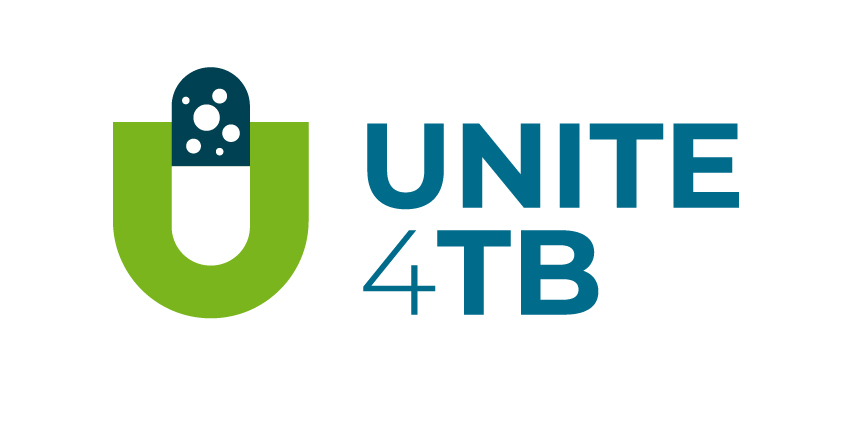Risk of tuberculosis (TB) is embodied across your life course – increased when you live and grow up or work in communities where incidence is high. Across Europe, but particularly in Western Europe, a large proportion of people affected by TB were originally born outside their country of diagnosis. Migrant populations are enormously diverse with a range of intersecting and specific vulnerabilities that shape both TB risk and access to healthcare. To improve TB care and prevention across Europe, we need to consider how best to prevent and treat TB in migrant populations.
Topics
TB and migration in a European context:
- Changing migration patterns
- Country differences
- Defining migrants and considering intersecting vulnerabilities
Considering prevention and care strategies that are particular to migrants:
- Screening programmes such as pre-entry, at-entry, post-entry for active and latent TB
- Active case finding in-country
- Passive case finding i.e., healthcare access and the broader contexts inc. laws/ policies/ rhetoric which shape migrants’ experiences and delays to treatment
Educational aims
- This session will cover ways of thinking about migration health in general – categorisation and intersecting vulnerabilities.
- It will cover the epidemiology of TB in migrant populations across Europe and strategies to care and prevention relevant to migrant populations.
- It will take a critical approach to public health considering the impact of broader structural conditions on the experiences of migrants affected by TB and reflecting on the challenge of the competing agendas of (bio)security and healthcare provision.
Target audience
- Healthcare professionals
- Decision makers
- Policy makers
- Researchers
- TB community
Format
Webinar will be divided into 2 parts:
- For the first 20 minutes, the speaker Jessica Potter will discuss migration health in general, whilst covering the epidemiology of TB in migrant populations across Europe and prevention and care strategies.
- The second half of the webinar will be filled with an open discussion, moderated by Raquel Duarte and Christoph Lange, giving the opportunity to the participants of sharing perspectives on the topics presented and/or posing questions to the speaker.
CME credit
An application for accreditation of this webinar has been made to the European Board for Accreditation in Pneumology (EBAP) for 1 CME credit per 1-hour attendance. If accredited, the CME credit will be granted upon attendance of at least 60 minutes during the live webinar only.
What is a webinar?
A webinar closely simulates a lecture-based teaching experience. The speaker can interact with the audience, just as in a classroom setting. During the webinar, you will be asked to share your opinion on issues related to the topic using interactive polls.
All participants will be able to hear the lecturer and see the slides throughout the presentation. As a participant you will be able to pose questions or discuss ideas with the other participants via the text chat facility and the speaker will respond to the questions via the microphone.
Login guidelines
More information will be communicated in due course.
- Please log in to the webinar 20 minutes before it is scheduled to commence. If you have any technical difficulties whilst trying to log in or during the session please contact e-learning@ersnet.org.
- Check Central European Time.
- To achieve the best quality, we recommend to avoid downloading anything from the internet during your connection to the lecture and stopping all other programmes.
- Please also ensure that your audio settings are not set to mute and adjust the volume to a comfortable level.

About UNITE4TB
UNITE4TB is a public-private partnership with representation from academic institutions, small- and medium-sized enterprises (SMEs), public organisations, and pharmaceutical companies. The 7-year, €185 million project aims to accelerate and improve the clinical evaluation of combinations of existing and novel drugs, with the goal of developing new and highly active Tuberculosis (TB) treatment regimens for drug-resistant and -sensitive TB. For more information, visit the consortium website: www.unite4TB.org
Funding
The UNITE4TB project has received funding from the Innovative Medicines Initiative 2 Joint Undertaking (JU) under grant agreement No 101007873. The JU receives support from the European Union’s Horizon 2020 research and innovation programme and EFPIA, Deutsches Zentrum für Infektionsforschung e. V. (DZIF), and Ludwig-Maximilians-Universität München (LMU). EFPIA/AP contribute to 50% of funding, whereas the contribution of DZIF and the LMU University Hospital Munich has been granted by the German Federal Ministry of Education and Research. For further information: www.imi.europa.eu
Disclaimer
This communication reflects the author’s view. Neither IMI nor the European Union, EFPIA, or any Associated Partners are responsible for any use that may be made of the information contained herein.
Diseases/methods:
- Respiratory Infections
- Respiratory Critical Care
Target audience
- Healthcare Professionals
- Decision Makers
- Policy Makers
- Researchers
- TB Community





